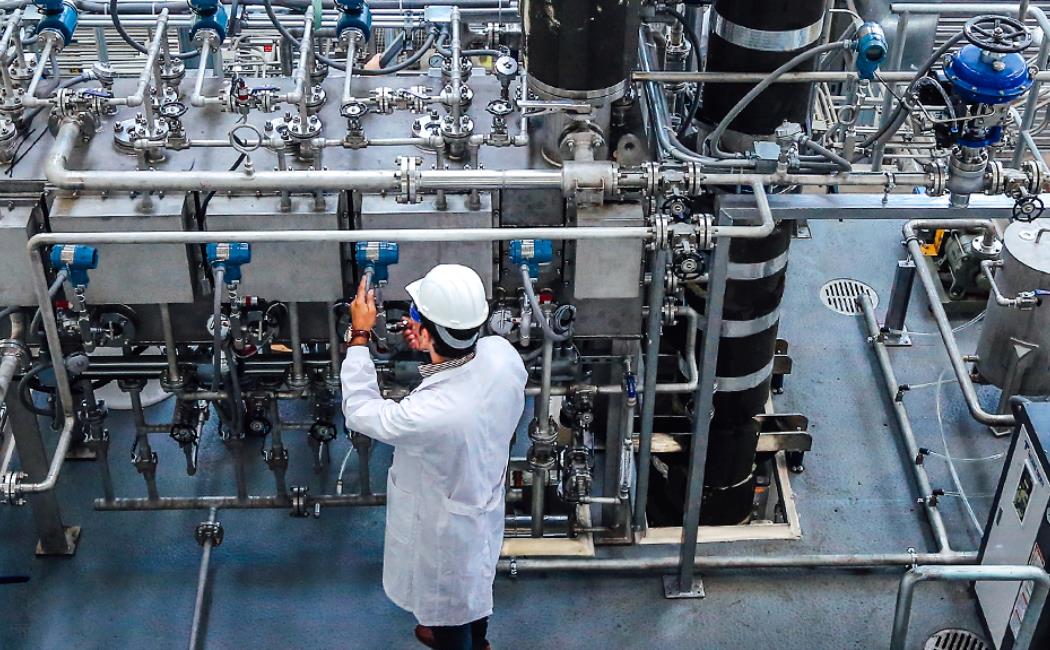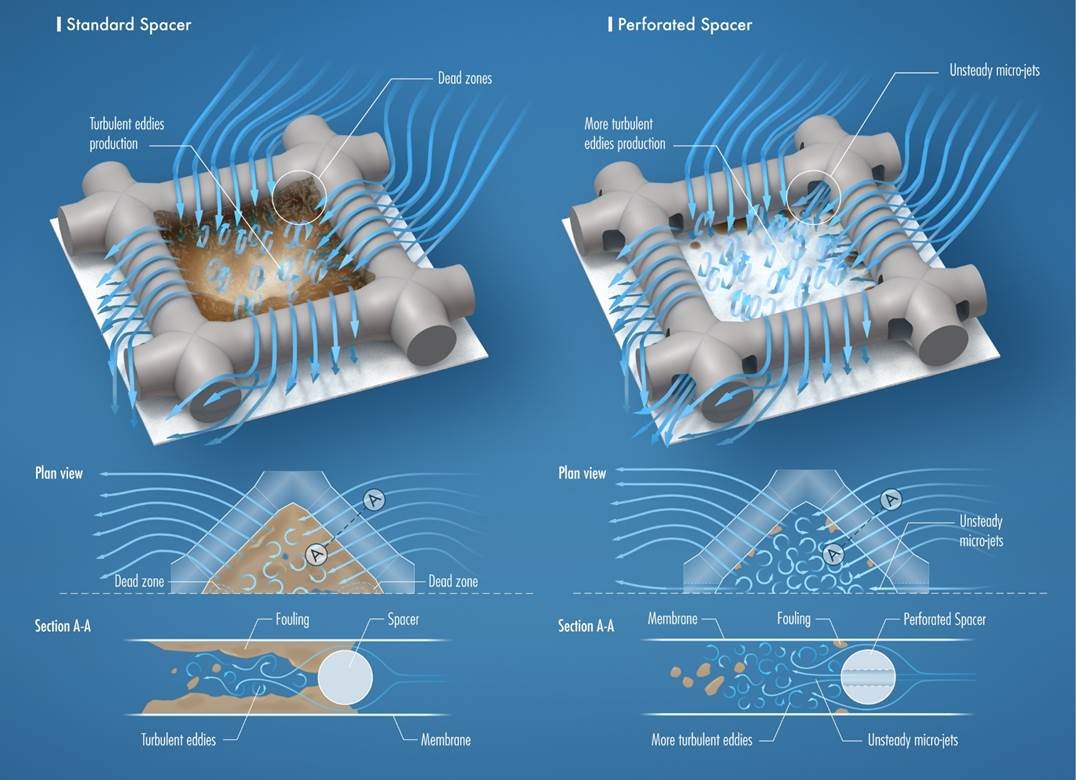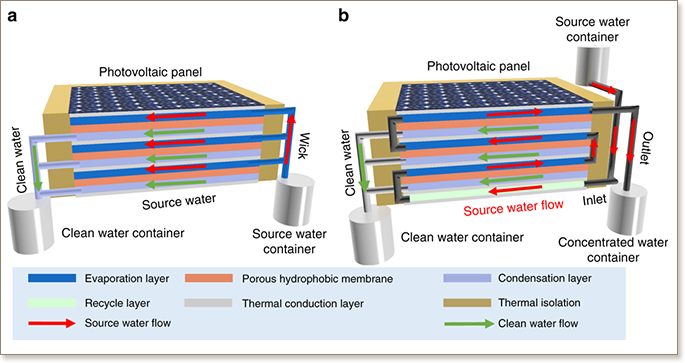


04 June, 2020
The KAUST Research Translation Fund aims to provide short term support for accelerating translational research and development in KAUST, which has the specific potential to benefit Saudi Arabia and its economy. The program provides targeted funding to projects seeking technology or prototype development, commercialization proof of concept, or scale-up activities, which have progressed beyond typical research funding opportunities.
We are proud to announce the select translational research activities to be conducted by leading scientists from the center:

KAUST I&ED recently awarded to Professors Hans Vrouwenvelder and Noreddine Ghaffour a Research Translation Grant to scale-up in-house developed technologies to mitigate and control biofouling in desalination plants. The project will be executed in two years, in tight collaboration with two industrial partners and the support of Paul Buijs, WDRC Center Liaison Officer. | Publication

Professor Peng Wang received a Research Translation Grant to scale-up the newly developed photovoltaic-membrane distillation (PV-MD) process to effectively produce water and electricity, fully driven by solar energy. | Publication
 membrane-based water treatment systems
membrane-based water treatment systems
Professor TorOve Leiknes received a Research Translation Grant to up-scale the development of monitoring devices, which would detect all types of membrane fouling and the analysis of process data. It will give plant operators the required info to enhance system performance and reduce the cost of the water produced, helping desalination plants operators improve process efficiency and avoid costly shutdowns.
A Research Translation Grant funding for two years was awarded to Associate Professor Peiying Hong to conduct a study that aims to disrupt the current unsustainable approach of cleaning municipal wastewater and replacing this approach with anaerobic membrane bioreactor (AnMBR) and advanced disinfection. The current approach relies heavily on aerobic-based treatment technologies and chlorination, both of which are energy-intensive, costly and unintentionally introduce chemical contaminants to the final treated wastewater.
"Instead, we aim to implement AnMBR and advanced oxidation disinfection to clean the municipal wastewater. This study is designed to demonstrate that AnMBR can treat municipal wastewater in an energy-neutral (where no added external energy is needed) or energy-positive (where the treatment process itself generates energy) manner.", Dr. Hong explained.
A one-year Impact Acceleration fund was awarded to Associate Professor Peiying Hong in a project that aims to source bioplastics sustainably while contributing to more efficient wastewater resource use and recycling management practices. The team will leverage recent advances in the engineering of the fast-growing green microalga Chlamydomonas reinhardtii to re-route its cellular metabolism towards the accumulation of poly-hydroxy-butyrate (PHB) bioplastic while developing resource sustainable solutions for its growth and scale-up. This project is in collaboration with Dr. Kyle Lauersen, Assistant Professor of Bioscience.
A Research Translation Program Award (Near Term Grand Challenge) was awarded to Associate Professor Pascal Saikaly to commercialize a KAUST patented novel decentralized wastewater recycling technology.
Currently, 40% of the households in KSA are not connected to the centralized wastewater network, nor current centralized wastewater plants are designed for recycling wastewater. As the KSA population is projected to increase to 40 million by 2030, and with it, an increase in total generated wastewater, expansion of the infrastructure in many areas would prove to be impractical due to physical constraints and substantial capital investments.
"We want to tackle the above grand challenges specifically. Our technology is mobile, 'plug&play,' modular, and provides reliable quality effluent for many non-potable reuse applications. It addresses many critical aspects, including infrastructure development, water savings, economy, job growth for the people of the Kingdom.", Dr. Saikaly explained.